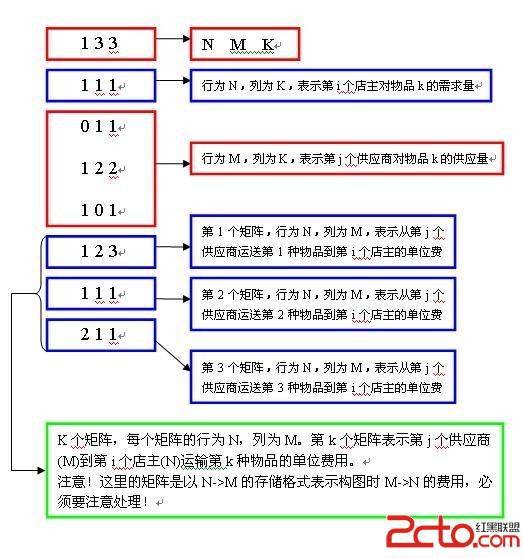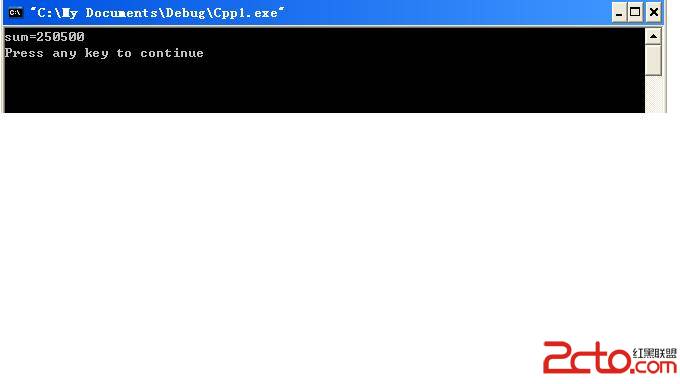C++ 单例模式
一、整体代码 01.cpp
#include <iostream>
using namespace std;
class Singleton
{
public:
static Singleton* GetInstance()
{
if (instacne_ == NULL)
{
instacne_ = new Singleton;
}
return instacne_;
}
~Singleton()
{
cout<<"~Singleton ..."<<endl;
}
//static void Free()
//{
// if (instacne_ != NULL)
// {
// delete instacne_;
// }
//}
class Garbo
{
public:
~Garbo()
{
if (Singleton::instacne_ != NULL)
{
delete instacne_;
}
}
};
private:
Singleton(const Singleton& other);//禁止拷贝构造函数
Singleton& operator=(const Singleton& other);//禁止赋值语句
Singleton()
{
cout<<"Singleton ..."<<endl;
}
static Singleton* instacne_;//静态方法只能调用静态成员
static Garbo garbo_; // 利用对象的确定性析构,类被加载就调用了构造函数,结束后调用析构函数
};
Singleton::Garbo Singleton::garbo_;
Singleton* Singleton::instacne_;
int main(void)
{
//Singleton s1;
//Singleton s2;
Singleton* s1 = Singleton::GetInstance();
Singleton* s2 = Singleton::GetInstance();
//Singleton s3(*s1); // 调用拷贝构造函数
return 0;
}
02.cpp
#include <iostream>
using namespace std;
class Singleton
{
public:
static Singleton& GetInstance()
{
static Singleton instance;
return instance;
}
~Singleton()
{
cout<<"~Singleton ..."<<endl;
}
private:
Singleton(const Singleton& other);
Singleton& operator=(const Singleton& other);
Singleton()
{
cout<<"Singleton ..."<<endl;
}
};
int main(void)
{
Singleton& s1 = Singleton::GetInstance();
Singleton& s2 = Singleton::GetInstance();
return 0;
}
二、解释
第一种方式是在堆空间分配了内存,所以又创建了在栈空间建立了了一个Garbo变量,利用它的确定析构性来释放刚才在堆空间占用的内存。
第二种方式直接在栈空间分配了内存,函数结束后自动释放。
补充:软件开发 , C++ ,




